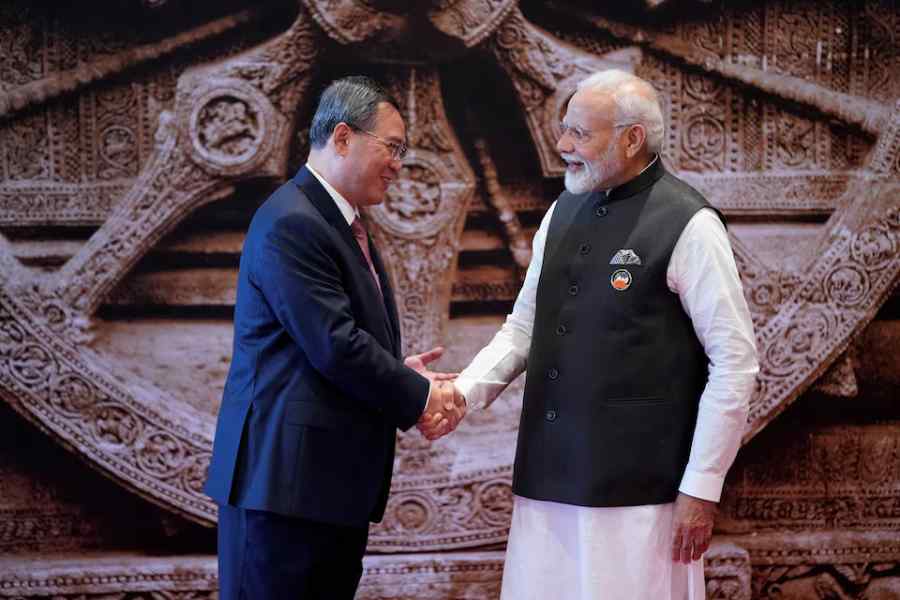India rattles the dragon by stamping on its economic tail
As the Chinese troops continue to occupy Indian Territory illegally along the Line of Actual Control, India has banned more Chinese apps, making clear its intention that it is committed to further decouple with China economically. The move is a double-edged sword which will cause losses to China as well as offer opportunity for India to attract and diversify investment from strategic economic partners in Asia and West including the US.
The recent ban by Indian authorities involves 118 Chinese apps citing “national security threat”, including Baidu, AliPay, WeChat Work and popular mobile game PUBG, bringing total number of banned Chinese apps in India to 224, after 59 were banned in June and 47 in July.
As China continues to undermine the peace and stability on the China-India border area, India has been committed in adopting measures to confront China in economic areas, such as banning Chinese apps, prolonging clearance procedure of containers shipped from China, and restricting foreign companies from participating in public procurement bids, targeted at denying any benefits to Chinese firms till China shows sincerity in disengagement.
Blocking Chinese apps has been one of its major moves that has drawn huge attention worldwide, similar concerns have been shared by US and European countries who have followed their own bans on Chinese Apps and putting Chinese state owned enterprises such as Huawei and ZTE under scanner.
The move is surely putting pressure on Chinese authorities who are dealing with a domino effect of such bans being followed worldwide. In response to India’s announcement of banning 118 Chinese mobile phone applications, the spokesperson of the Ministry of Commerce of China, GaoFeng, responded September 3. The remarks by Gao reflected the surprise and impact as he accused that “India has abused the concept of ‘national security’ and adopted discriminatory restrictive measures against Chinese companies in violation of relevant WTO rules”. He said that the Chinese government
has always required Chinese overseas companies to abide by international rules and operate in compliance with laws and regulations. The relevant practices of India not only harm the legitimate rights and interests of Chinese investors and service providers, but also harm the interests of Indian consumers and the investment environment of India as an open economy. Gao was quick to produce a conciliatory note and urged that China-India economic and trade cooperation is mutually beneficial and win-win.
India’s push for decoupling with China by banning 118 Chinese mobile apps against the backdrop of border standoff has put pressure on Chinese authorities as well as Chinese investors amid fraying bilateral relations, India is leading global campaign of economic decoupling and urging for alternate global supply chains, especially along with Washington which undertaken an all-rounded decoupling with Beijing in fields ranging from trade and technology to finance and personal communication.













